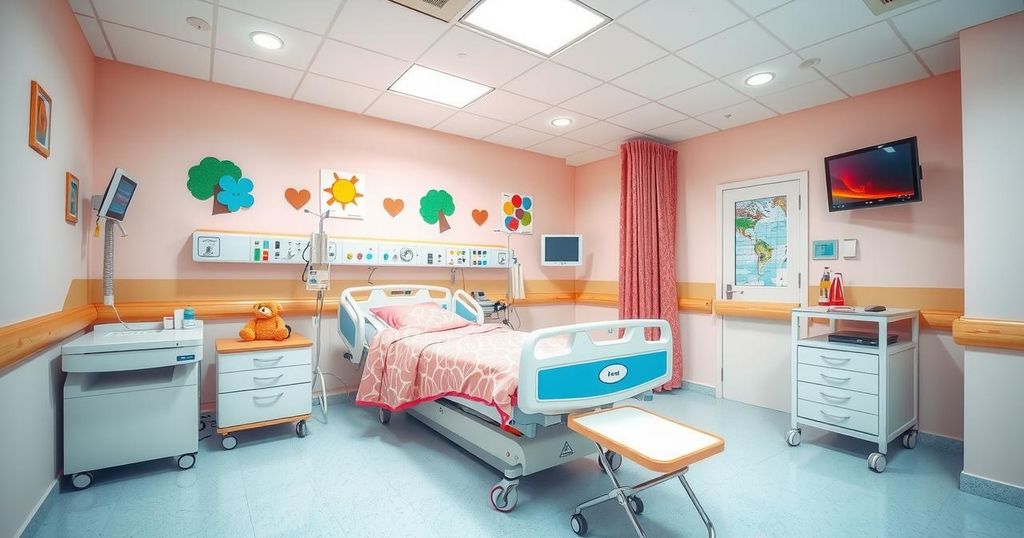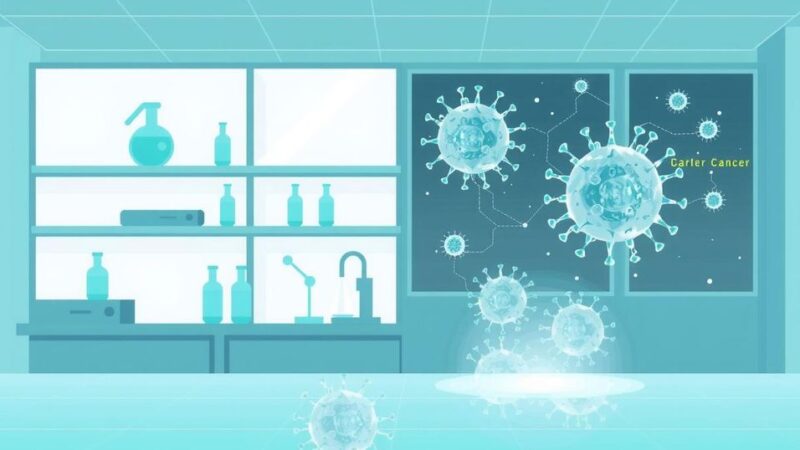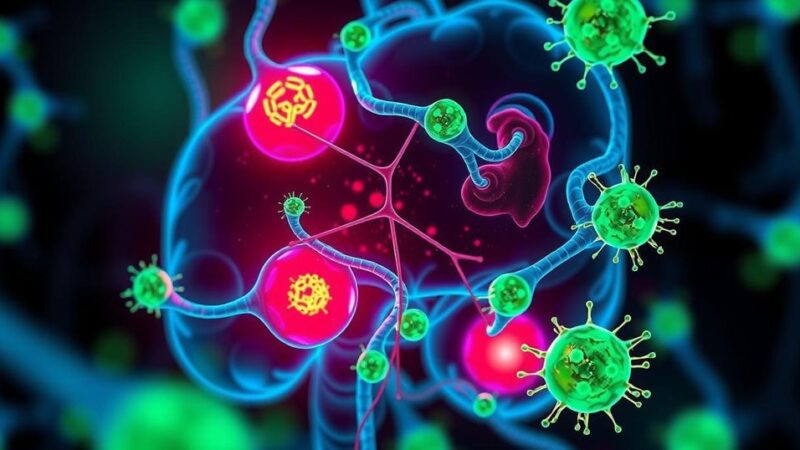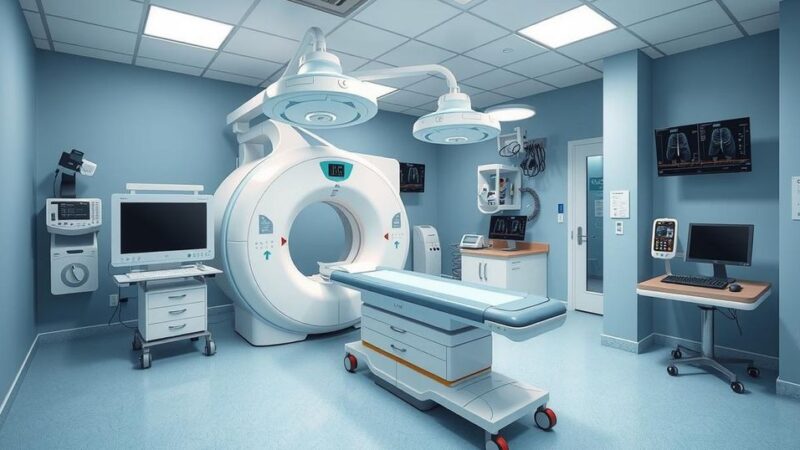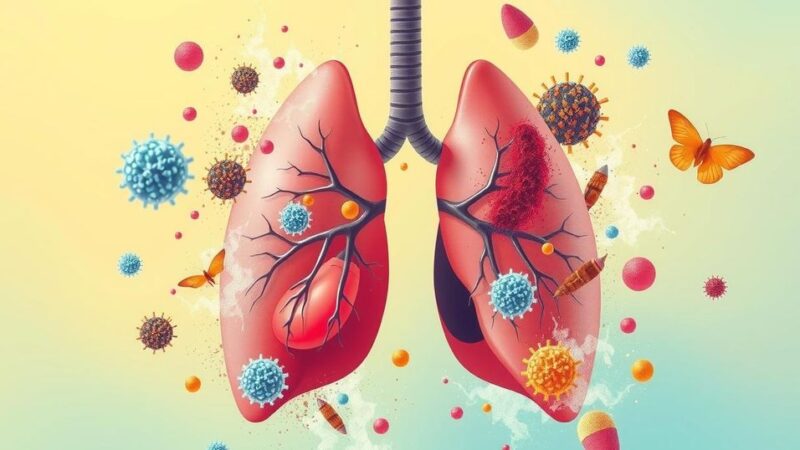- Lautoka Aspen Medical oncology sees 20-30 child cancer cases yearly.
- Common cancers include leukaemia, brain tumors, and lymphomas.
- Radiation therapy is not available in Fiji for cancer treatment.
An Overview of Childhood Cancer Cases in Lautoka
Diagnosis of childhood cancer in Lautoka occurs regularly, with the local Aspen Medical oncology department handling approximately 20 to 30 cases annually, according to pediatrician Dr. Savenaca Seduadua. During a cancer awareness session supported by WOWs Kids Fiji and the Health Ministry in Lautoka, Dr. Seduadua pointed out that the prevalent types of cancer they encounter include acute lymphoblastic leukaemia, brain tumors, and lymphomas. While he noted that these forms dominate the majority, they also see cases of other solid tumors, such as Wilms tumor, retinoblastoma, and neuroblastoma.
Treatment Options and Challenges for Young Patients
Dr. Seduadua highlighted that currently, Lautoka has three active cases of leukaemia. He stressed that although childhood cancer is not as frequent as adult cancer, it remains a significant concern. Treatment availability is a critical point; while radiation therapy is not provided in Fiji, patients can undergo chemotherapy and surgeries to combat these diseases. He emphasized that these treatments typically unfold over a span of two years, which can be both a physically draining and an emotionally challenging period for affected families.
The Importance of Awareness and Treatment
Treatment options vary, with Dr. Seduadua stating that they can effectively treat different types of lymphoma, notably Burkitt’s or non-Hodgkin’s lymphoma. For neuroblastoma cases, treatment is also possible but hinges on the cancer’s stage upon diagnosis. There is a specific focus on managing kidney cancer in children, which is often encountered in their practice. Raising awareness about such conditions, as emphasized during the recent session, plays a vital role in early detection and intervention.
The Lautoka Aspen Medical oncology department is actively diagnosing and treating childhood cancer, with about 20-30 cases annually. While treatments like chemotherapy and surgery are available, awareness is crucial for improving outcomes.
